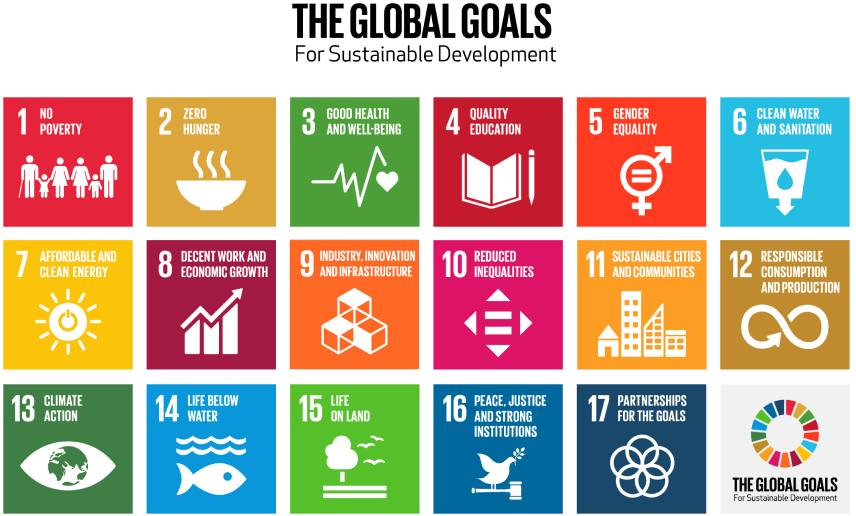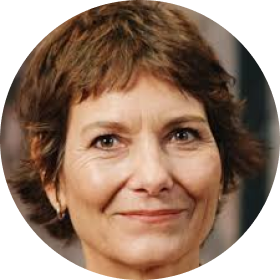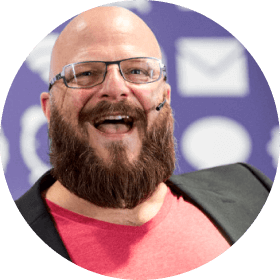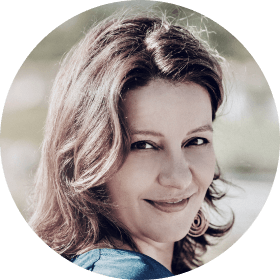Agile Sustainability
Sustainability is not just a critical part of improving the health of our planet, it's increasingly
becoming an essential success factor for every company looking to thrive in today's VUCA environment.
Operating in a sustainable manner helps organizations make a lasting impact on the ecosystem, find, and keep
clients, as well as attract talent.
Jutta Eckstein, Steve Holyer, and Claudia Melo have developed this unique assessment to help organizations
gauge the environmental, social, and economic footprint of their products and services.
Created by:

By leveraging the results of this validated assessment, organizations can better understand how to operate in a more sustainable manner and contribute to increasing sustainability across the industry
Sustainability is a Natural Part of Agile Ways of Working
Comparative Sustainability is inspired by the 17 Sustainable Development Goals, also known as the Global Goals,
adopted by the United Nations in 2015 as a universal call to action to end poverty, protect the planet, and
ensure that by 2030 all people enjoy peace and prosperity.
The 17 SDGs are integrated—they recognize that action in one area will affect outcomes in others,
and that development must balance social, economic and environmental sustainability. The creativity, knowhow,
technology and financial resources from all of society is necessary to achieve the SDGs in every context.
Comparative Sustainability is one small way that our teams, programs and organizations can create awareness and
help contribute to these goals.

”A blueprint to achieve a better and more sustainable future for all people and the world by 2030.”
- Global Goals Mission Statement
Sample Questions
Holistic
Our organization learns continuously from society to make the world a better place.
Economic
The team knows which features are really used.
Social
The team implements policies to ensure the balance of a great user experience with protecting privacy.
Economic
The product is designed to have a long life cycle without serious negatives occurring.
Holistic
We prioritize the planet as one of the stakeholders.
Environmental
The team monitors the carbon footprint of the system.
Economic
The team knows about and requests feedback on the metrics that drive the customer's business.
Environmental
The team monitors the hardware utilization of the product both in-use as well as while idle.
Holistic
Our sustainability actions align with our marketing.
Top Features
Create awareness at all levels of the organization and understand how the products/services we produce affect our planet and the 17 Global Goals.
Leverage the insights to drive an intentional strategy of sustainable agile ways of working across the organization.
Gain insights expeditiously - perform analysis at the team, program and organizational levels.
Benchmark the level of Sustainability across your teams and organization against other organizations in your industry.


